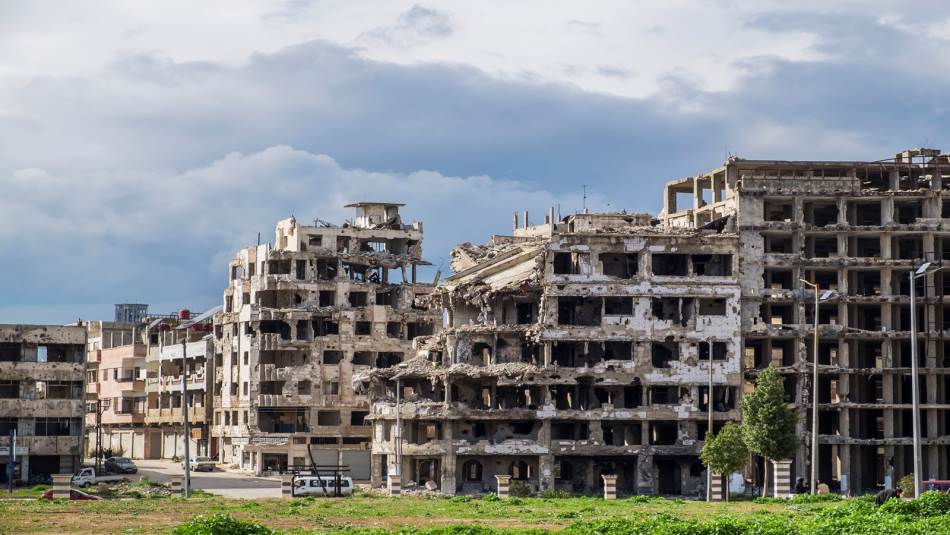Real estate, traditionally seen as a secure investment by Syrians, has lost its allure as a dependable asset. This change marks a significant departure from the decades before 2011, a period during which property values in Syria surged, reaching levels comparable to those in global capitals like Paris and London, particularly in Damascus neighborhoods like Al-Maliki and Abu Rummaneh.
This long-standing belief was somewhat disrupted for Syrians who witnessed the destruction of their properties in conflict-affected areas post-2011, a devastation unparalleled in over a century. However, many Syrians, especially those whose properties were untouched by the war in areas like Damascus, western Aleppo, Latakia, Tartous, and Hama, continued to regard real estate as a reliable investment.
The Syrian pound’s dramatic depreciation after 2011 led Syrians to seek secure havens for their wealth, with many still considering real estate a solid choice despite the damages inflicted by the conflict in regions like the suburbs of Damascus, Eastern Aleppo, Homs, and others. The sector’s perceived resilience attracted continued investment, supported by media reports highlighting the exorbitant prices of Damascus real estate, which seemed to affirm the asset’s value preservation capability.
However, a recent statement by real estate expert Dr. Ammar Youssef challenges this perception, declaring that real estate in Syria has lost about 60% of its real value since the crisis began in 2011. This view aligns with observations that property prices, despite appearing high, have significantly diminished in value when adjusted for exchange rate fluctuations. For instance, properties in the Dummar project area of Damascus have seen a decrease from their pre-2011 values, losing approximately 55% of their value on average.
This depreciation is not limited to Damascus but is evident across various neighborhoods and particularly acute in areas affected by the conflict, where diminished purchasing power, property damage, and challenging security conditions further erode real estate values. Alternatives to real estate, such as the dollar and gold, present their own risks due to security concerns and the potential for crime.
The collapse in real estate’s appeal as a secure investment mirrors the broader economic challenges in Syria, where a surplus of properties on the market and dwindling purchasing power contribute to a stagnant real estate sector. The era of real estate serving as a foolproof investment in Syria appears to be over, leaving those concerned with preserving their wealth in a precarious position, weighing the risks of alternative investments against the declining value of real estate.
This article was translated and edited by The Syrian Observer. The Syrian Observer has not verified the content of this story. Responsibility for the information and views set out in this article lies entirely with the author.


